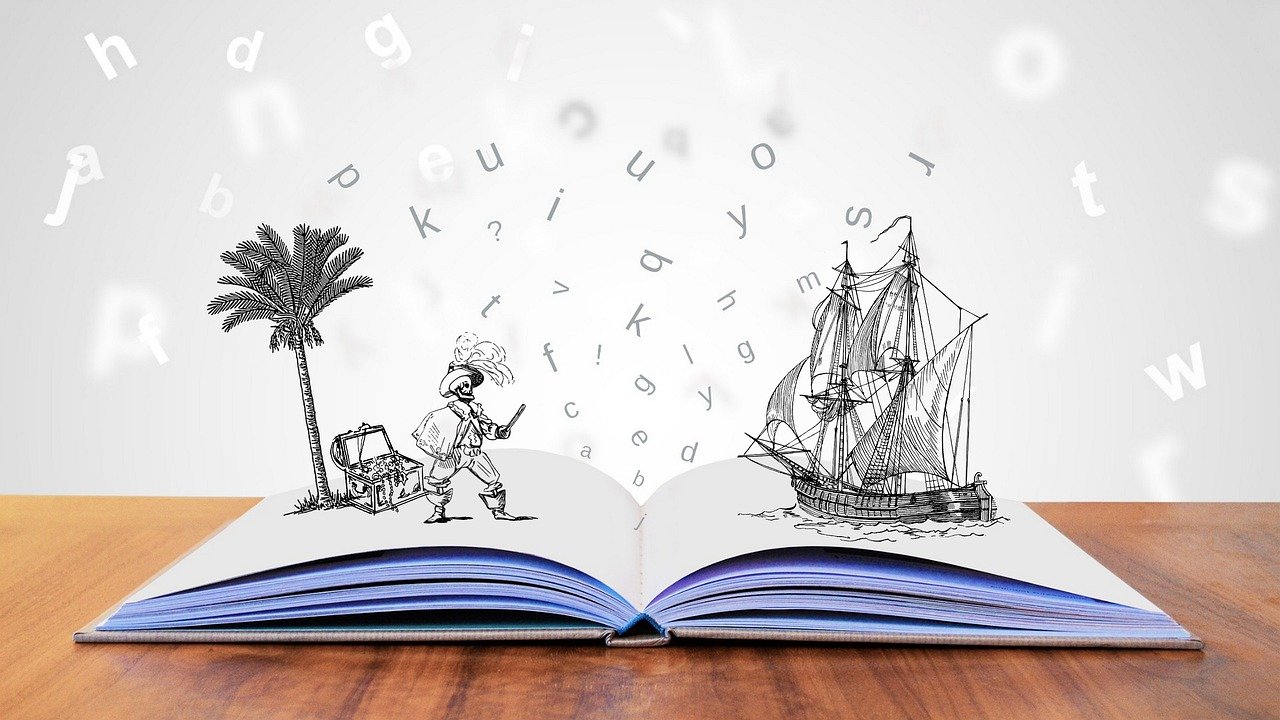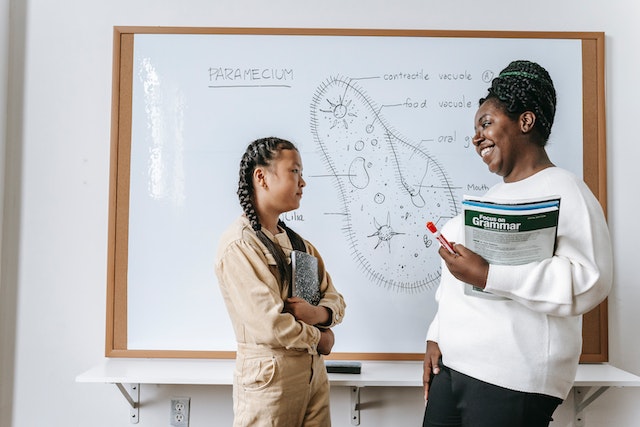There are 3 types of tenses in the English language and many times we get confused with the past participle and the past tense, let us understand the actual difference between past tense and past participle:
- Past Tense
- Present Tense
- Future Tense
The whole concept of tenses can be seen in the way in which the verbs are used. Depending on the tense that we are using, the verbs that we use become modified. We have also learned that these tenses can be further divided into 4 types, for the Past Tense, it is:
- Simple Past
- Past Continuous
- Past Perfect
- Past Perfect Continuous
Difference between past tense and past participle:
In the English language, the whole concept of tenses is used to talk about time and also refer to an action that has already taken place in the past and is happening in the present or it might happen in near future too.
Oxford Dictionary says that the past tense is defined as tense that expresses an action that has happened or a state that existed previously. In short, the past tense can be used to talk about the past or something that took place in the past.
In the following sentences, the word ‘ate’ tells us that eating has already happened, which is the reason why the reply should also be in the past tense. Let us understand with a couple of examples:
- I ate a burger for dinner.
- I had eaten a sandwich yesterday..and I was not hungry for hours!
The verb ‘to eat’ has been converted to ‘ate’ or ‘had eaten’. This tells us that the tense of the sentence is past.
PAST PARTICIPLE
Oxford Dictionary says that a past participle is a form of a verb that usually ends in ‘-ed’ in English and it is used in creating perfect, passive tenses and as adjectives too. This states that, usually, the verbs in past participle come to an end in ‘ed’. For example, the word ‘played’.
These words can also perform the function of adjectives. For example, “They played for a long time.” In the given sentence, the word ‘played’ is being used as an adjective.
DIFFERENCE BETWEEN TENSE AND PARTICIPLE
A past participle cannot be used on its own. It needs an auxiliary verb, such as ‘have’ or ‘had’ and which is why, at times, the Past participle is made in use as a compound verb. Let us understand with the help of some examples,
- My friend lived in Australia for some years. (Past Tense)
- I watched this movie 100 times. (Past Tense)
- We heard about this song. (Past Tense)
- I drank 5 bottles of soda yesterday. (Past Tense)
Now let us look at examples of Past participles,
- My friend had lived in Australia for some years. (Past Participle)
- I have watched this movie 100 times. (Past Participle)
- We have heard about this movie. (Past Participle)
- I had drunk 5 bottles of water yesterday. (Past Participle)
There is not a very big difference between the Past Tense and the past participle, but both of them have different meanings, thus completely changing the meaning of a sentence. In a sentence, if the past participle and the past tense are misplaced, the whole meaning of the sentence will change, it is possible that the sentence could become meaningless. If you want to avoid this mistake, understanding the meaning of both the Past Tense as well as the Past participle is important so that the correct word is put in the correct place, so that the sentence becomes more sensible and meaningful.















